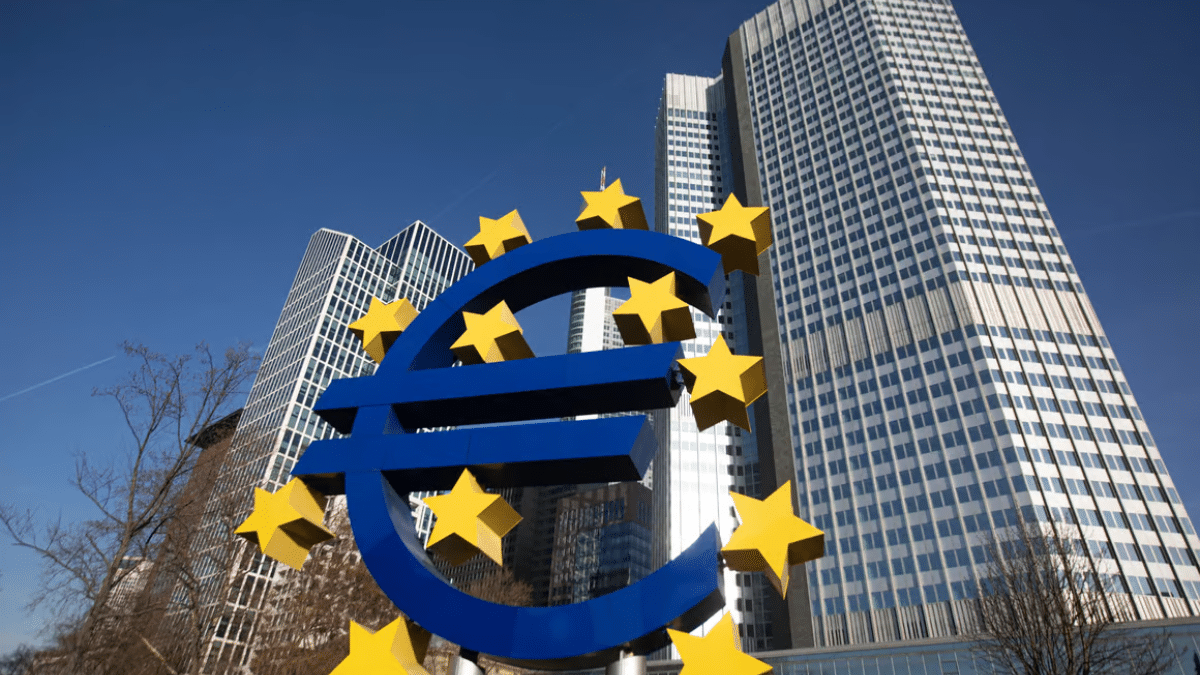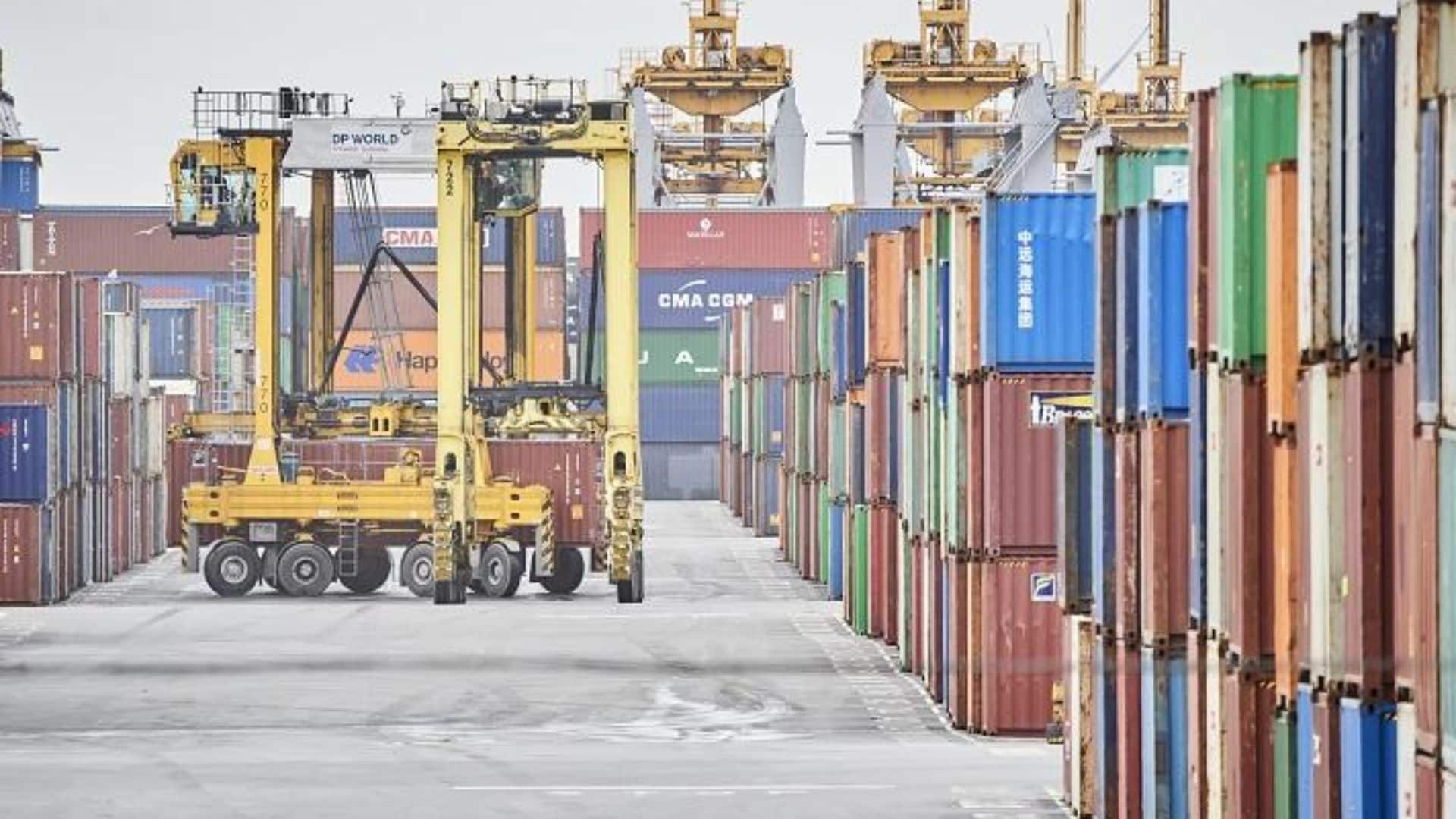
ECB warns of low stock market value of European banks
The European Central Bank (ECB) warns of the low stock market value of banks in the euro area, due to the risk premiums that investors demand to buy their shares and because of the taxes that some countries are going to apply to their profits, as in Spain and Italy, although it does not cite them.
ECB economists estimate in an article in the forthcoming Financial Stability Report, published on Monday, that between March 2022 and the end of the year, euro area banks’ share prices rose 18 per cent from the lows to which they fell after the start of Russia’s war against Ukraine because earnings expectations of the impact recovered.
“The negative impact of higher risk-free rates on the net present value of future dividends paid by banks was offset by the fall in uncertainty about the outlook for the sector, as measured by the equity risk premium,” according to the ECB.
Equity risk premium
However, the equity risk premium increased sharply in March 2023 during the US and Swiss banking tensions and continued to rise even when the tensions subsided.
The stock market value of euro area banks is not much higher than before the coronavirus pandemic.
Given that banks have increased their profitability, this situation indicates increased uncertainty about the long-term sustainability of banks’ earnings, the ECB adds.
Banks’ equity risk premia have declined in value on the stock market since the tensions in the spring.
The low value of bank shares and the cost of capital increases the cost of lending to the real economy and makes it more difficult for banks to raise capital, says the ECB.
ECB warns of bank excise taxes on the sustainability of dividend payments
In addition, the ECB warns that uncertainty about the outlook for banks’ earnings and asset quality together with concerns about the sustainability of their dividend payments after some countries announced higher bank levies also contribute to the stagnation of banks’ stock market value and high risk premia.
Some of these countries are Spain and Italy, although the ECB does not explicitly mention them.
The ECB therefore considers that “in the long run this may adversely affect financial stability” because banks will not be able to raise capital when needed.
Banks’ exposure to corporate loans has reduced their stock market value since the end of 2022.
ECB Vice-President Luis de Guindos will present on Wednesday the Financial Stability Report, which analyses the current risks in the euro area.












